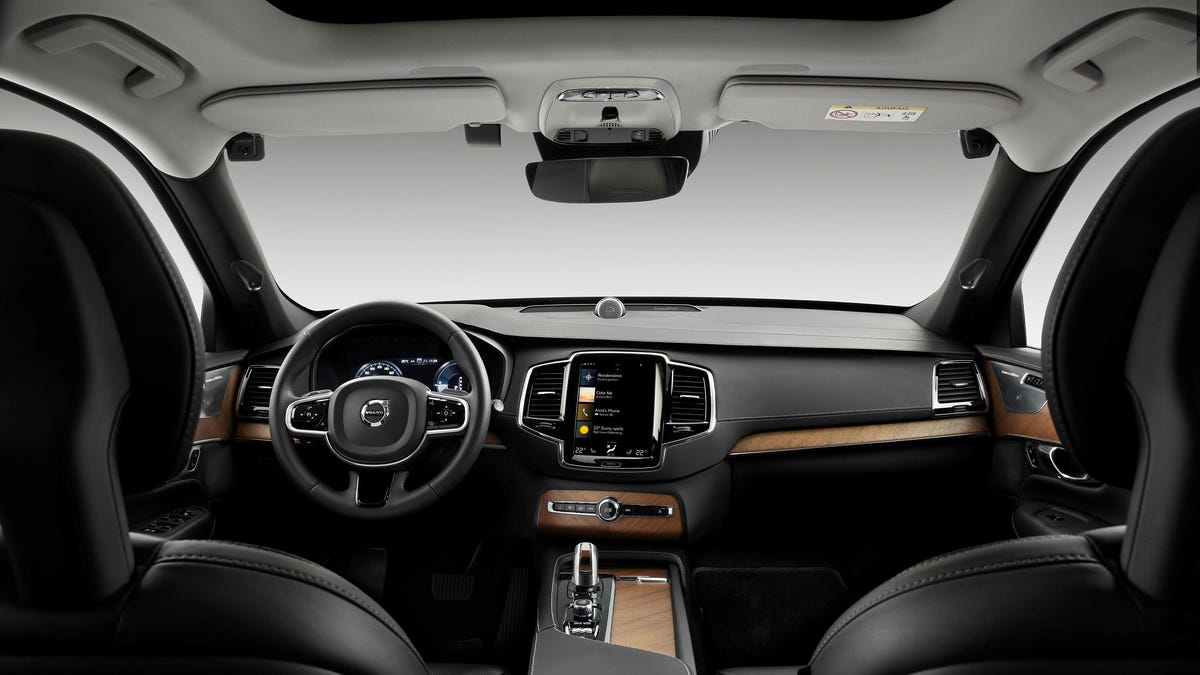Volvo's new in-car cameras will slow or stop cars with drunk or distracted drivers
The cameras will roll out in the early 2020s on certain models.

Volvo has a wild goal. It wants to eliminate fatalities in its cars, and it's making a number of moves to push toward that goal. Volvo's already announced that it will limit its cars' top speeds, and now, it's going a step further with in-car cameras meant to mitigate distraction.
Volvo announced on Wednesday that it will integrate in-car driver-monitoring cameras into its new vehicles. The cameras will be introduced on new vehicles using Volvo's SPA2 platform starting in the early 2020s. The automaker said that specifics, such as how many cameras there will be, and where they will be located, will be explained at a later date.
However, Volvo representatives were eager to downplay any privacy concerns about the camera feed. All the video data collected by the two in-car cameras will stay within the vehicle. "We're not streaming any videos, we're not storing any videos," Armin Kesedzic, Volvo product owner for vision sensors, told Roadshow.
Volvo believes that, in addition to speeding, distraction and intoxication are two major reasons why people end up in car crashes. It pointed to a NHTSA figure that claims nearly one third of traffic deaths in cars in 2017 involved drivers under the influence.
According to Volvo, the system will be able to monitor for dangerous behavior linked to both distraction and intoxication. It can pick up on long periods without steering input, weaving across lanes, slow reaction times and even closed eyes. That last part is where the in-car cameras come in -- by monitoring where a driver's eyes are pointed, the system can determine whether the driver is operating the vehicle in a safe manner.
If they aren't, the system may intervene. This could mean limiting the car's speed or even calling the Volvo on Call service on behalf of the driver. For a "final course of action," as Volvo puts it, the car could even slow down and park itself on the roadside.
"When it comes to safety, our aim is to avoid accidents altogether rather than limit the impact when an accident is imminent and unavoidable," says Henrik Green, Volvo Cars' senior vice president of research and development, in a statement. "In this case, cameras will monitor for behavior that may lead to serious injury or death."
The system is intended to be standard in future cars and would not be able to be disabled by the driver, Volvo representatives told Roadshow.
Facial recognition isn't just for science fiction anymore. Whether it's trying to make the roads safer or trying to make airports faster to navigate, companies have jumped wholesale onto the facial recognition bandwagon, although not everyone is on board with the Big Brother aspect of it all. Our family at CNET have put together an excellent overview of this fledgling tech and how it stands to change the way we do things.

